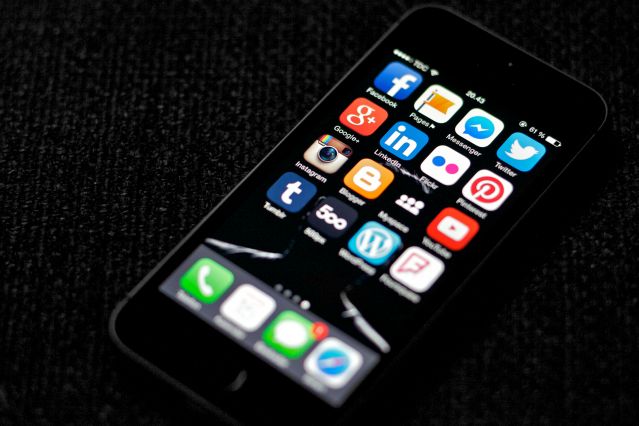
Cognition
Play Like Lebron: How Disconnecting Boosts Your Performance
Before a big game, distractions in all shapes and sizes can cloud your thinking.
Posted May 12, 2015

Before a big game, distractions in all shapes and sizes can cloud your thinking. That’s why LeBron James has disconnected from his social media accounts and smartphone for the fourth straight NBA postseason. But is this really necessary? Although LeBron only does this for the playoffs, the concept of tuning out unimportant stimuli can increase your chances of success in any competition on and off the court.
Your smartphone houses sources of stress in your email, Facebook, Twitter, and messaging apps. New research studies are showing how the blue light from devices also may prevent your brain from relaxing, as if the constant notifications weren’t enough. Although you want to be energized during a game, in the hours before warm up, having a calm mind will help you prepare better. Relaxation is considered a fundamental psychological skill for athletes. Hockey and golf players consistently show improved performance and higher self-satisfaction when utilizing relaxation methods. Tuning out may sound easy, but certain techniques can help get you in the zone. Breathing exercises and meditation are being used by a growing number of athletes to manage anxiety and pain both during and outside of games.
A mind that is distraction free is not blank. Rather than spending time texting a loved one, use that time to generate positive self-talk. Furthermore, while you may be tempted to craft your next Instagram post, you are probably better off curating a powerful pre-performance routine that you can practice before your game or meeting. The more time you spend clearing your mind and relaxing rather than looking at the “feed,” the better you are likely to perform.
The benefits of disconnecting can occur after a game, too, regardless of the outcome. Try to keep your phone off until at least 15-20 minutes after the buzzer. Allow yourself time to absorb what happened. Emotions may be high and although you might be tempted to express feelings in a tweet or indulge in supportive phone calls, time to calm down and collect can only be to your advantage.
For a serious athlete, there are many lessons to be learned from each practice, scrimmage, regular season game, and championship. LeBron learned to disconnect during the playoffs after his team lost a championship in 2011. Even if self control is one of your strong suits, current technology is crafted to grab everyone’s attention. If you are truly passionate about performing your best in all areas of life, create a mental environment for success where your only focus is executing your skills.
For more on motivational and sport psychology, follow Dr. Fader on Twitter and Facebook. You can read more about sport psychology on Dr. Fader's private practice website here.

